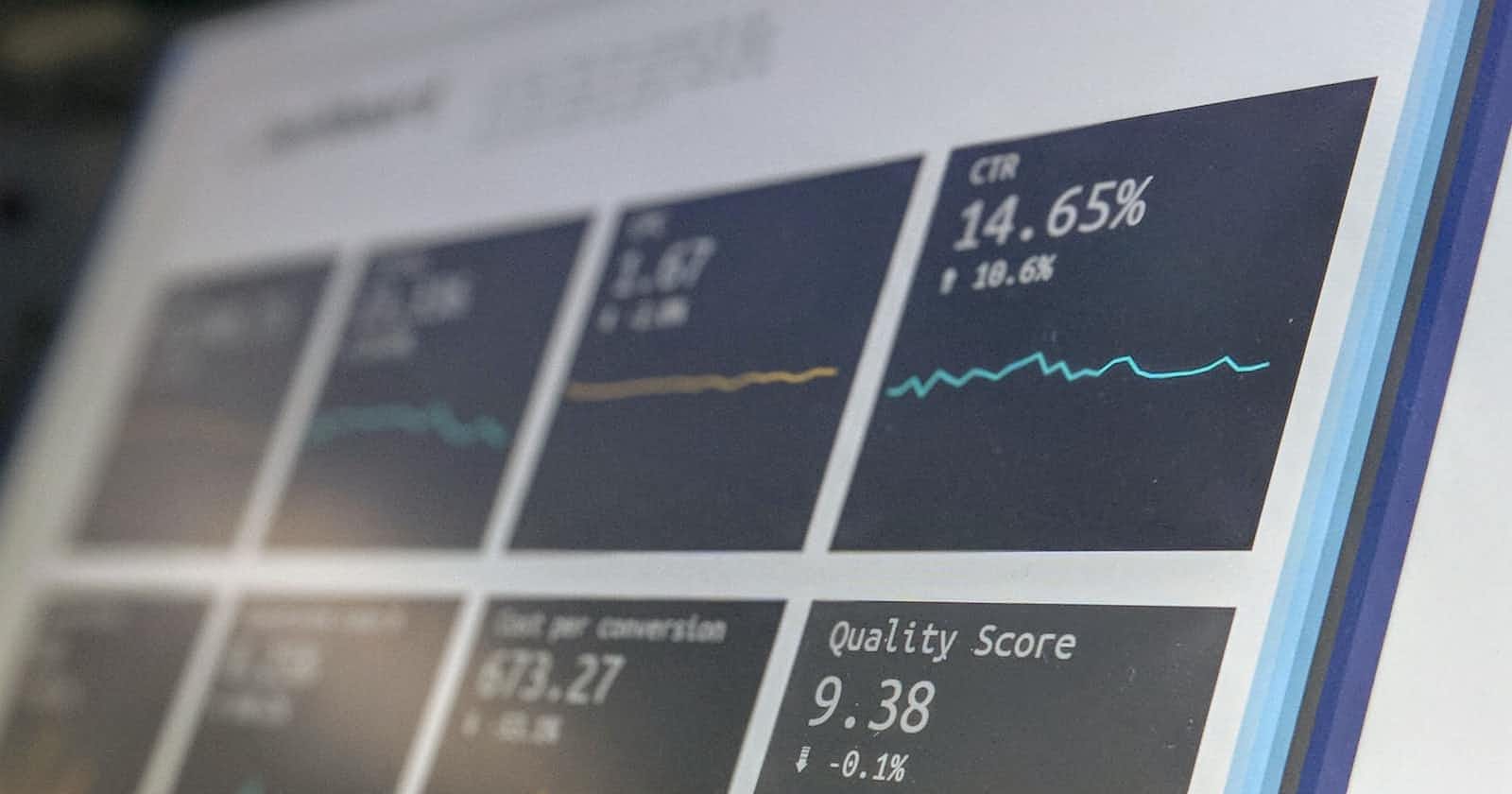Big data technologies and processing have become increasingly important in recent years as more and more organizations are looking to extract insights from large and complex data sets. These technologies have the ability to handle and process vast amounts of data, making it possible for businesses to gain a competitive edge through advanced analytics and decision-making.
One of the main challenges with big data is the sheer volume and variety of data that needs to be processed. Traditional data processing methods and technologies are often not able to handle such large data sets, which is where big data technologies come in. These technologies are designed to handle large amounts of data and can process it in a distributed and parallelized manner.
One of the key big data technologies is Hadoop, an open-source software framework that is used for distributed storage and processing of large data sets. Hadoop is based on the MapReduce programming model, which is a method for processing large data sets in parallel across a cluster of computers. Another key technology is Spark, a fast and general-purpose cluster computing system that is also based on the MapReduce model.
Another important aspect of big data processing is data storage. With large data sets, traditional relational databases are not able to handle the volume of data and the need for fast querying. NoSQL databases such as MongoDB and Cassandra are designed to handle large amounts of data and provide fast query performance.
In addition to these technologies, there are also a number of big data processing and analysis tools available. These include Apache Storm, a real-time data processing system, and Apache Flink, a streaming data processing framework.
Big data technologies and processing have the potential to provide valuable insights and enable organizations to make better decisions. However, it is important to note that these technologies can be complex and require specialized skills to implement and maintain. Organizations should carefully consider their specific needs and the resources available before implementing big data technologies.
In conclusion, big data technologies and processing are crucial for organizations that want to extract insights from large and complex data sets. With the ability to handle and process vast amounts of data in a distributed and parallelized manner, these technologies can enable organizations to gain a competitive edge through advanced analytics and decision-making.

